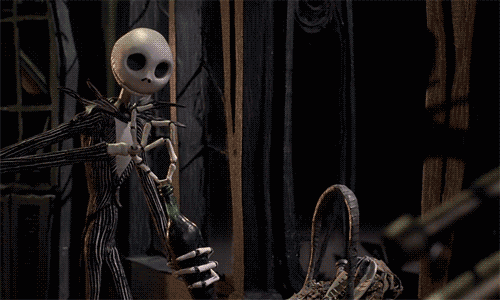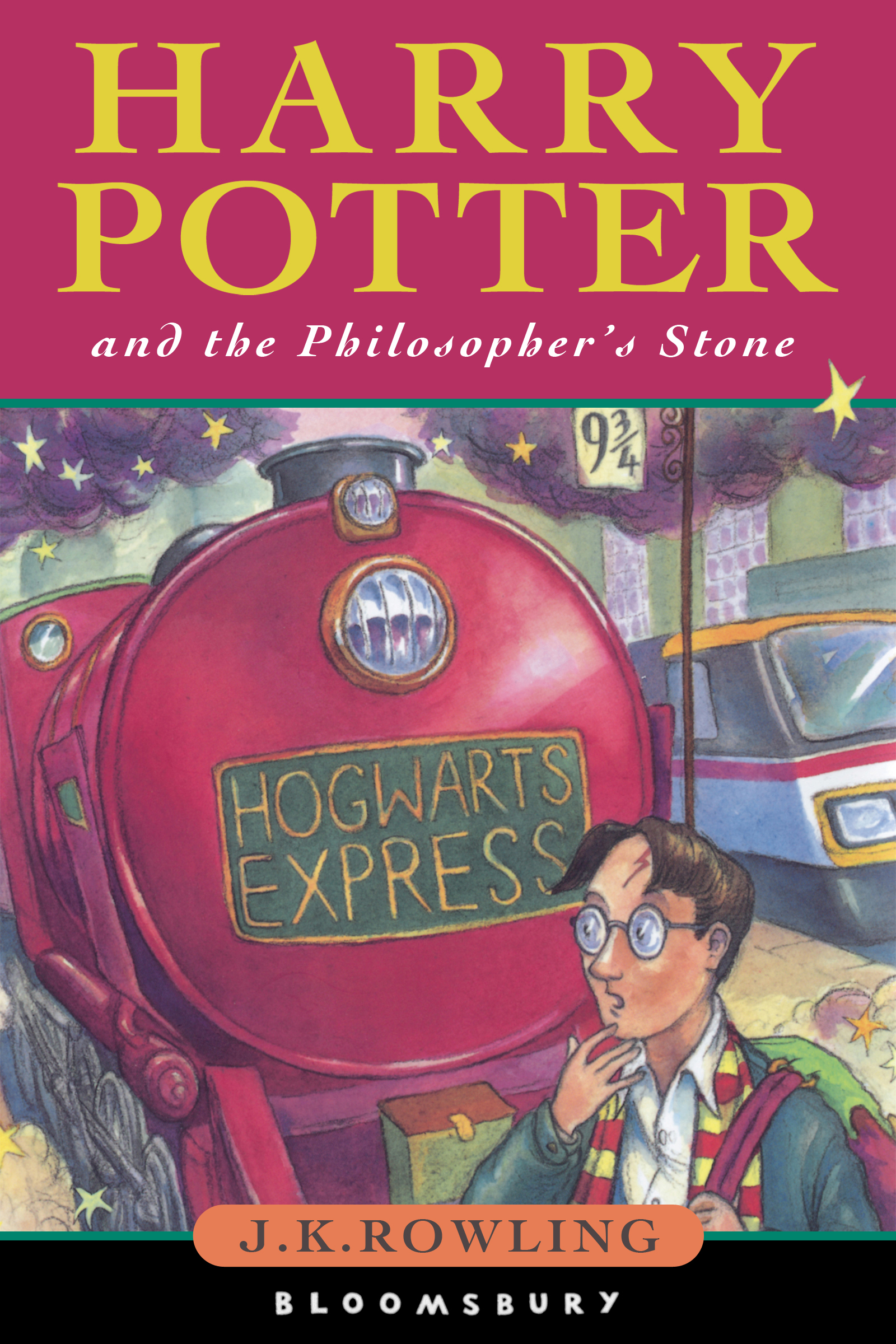When
Hogwarts Legacy was released in February, the verdict from video-game sites was close to unanimous: The latest spin-off from the
Harry Potter series was a heartless mess, the product of a bigoted worldview, and playing it involved an uncomfortable act of moral compromise—or at least holding your nose and reassuring yourself that J. K. Rowling was not directly involved.
The tech magazine
Wired gave the game 1/10, and
said its "real-world harms are impossible to ignore." (These were left unspecified, but let's presume the reviewer wasn't talking about repetitive-strain injury from too many spell battles.)
TheGamer declined to review the title at all, and suggested that
readers should not play
Hogwarts Legacy "if you care about your trans friends." The British outlet
Rock Paper Shotgun pointedly reviewed games by trans developers instead.
The Mary Sue reported on an alleged fan boycott,
in an article that began with the Potteresque incantation "Accio controversy!"
Read: How J. K. Rowling became Voldemort
Even the walk-throughs—those helpful guides telling players how to solve the game's puzzles and defeat its bosses—carried panicked disclaimers. "On numerous occasions in recent years, billionaire and Harry Potter creator J. K. Rowling has taken public stances against inclusive transgender laws and trans rights," reads a note at the bottom of a
Polygon guide to finding the magic keys scattered around Hogwarts. "The game has been embroiled in controversy due to transphobic remarks from Harry Potter author JK Rowling,"
GameSpot warns its readers, in an apologetic tone. Neither outlet joined a boycott of the game—walk-throughs are a reliable source of web traffic for months or even years—but both wanted you to know that they deplored it nonetheless. The headline of an
Axios article by the former Kotaku editor Stephen Totilo even
declared that the
Hogwarts Legacy launch had become a "referendum" on the author.
If so, the votes are in: J. K. Rowling wins by a landslide. The views she has expressed on Twitter and elsewhere—for instance, that women's spaces, such as prisons and domestic-violence shelters, should be protected on the basis of biological sex rather than self-declared gender, and that some young people are rushed toward medical transition with insufficient gatekeeping—are clearly not fatally repulsive to normie consumers.
Hogwarts Legacy sold more than
12 million copies in its first two weeks, even though it's not yet available for older consoles. As the website Den of Geek
conceded—in an article preceded by an italicized warning about "Rowling's history of transphobic remarks"—those sales generated more than $850 million in revenue. Let me put that number in perspective:
John Wick: Chapter 4, the latest in the Keanu Reeves action-movie franchise, just had what is generally considered to be an
excellent opening weekend at the box office by taking in $73.5 million. The financial success of
Hogwarts Legacy is many times greater. At the same time, it became the game with the most concurrent streams on Twitch—even though some Twitch streamers were
harassed for playing it.
The success of
Hogwarts Legacy follows the pattern of other recent J. K. Rowling projects, which are still hits, despite her alleged outcast status. The London run of
Harry Potter and the Cursed Child just extended to March next year, and the play is also running in New York, Tokyo, Melbourne, Toronto, and Hamburg. Rowling's crime novels, written under the pseudonym Robert Galbraith, have all been best sellers in Britain, and the latest television adaptation ran on the BBC over Christmas. Every day, a long line forms outside the Harry Potter shop at King's Cross, as people of all ages wait to be photographed with the luggage cart embedded in the wall at "
Platform 9 ¾." (The only Rowling property that is struggling is the
Fantastic Beasts movie franchise, which received mixed reviews for its third installment last year.)
What's going on? The most obvious explanation is the emergence of a class of internet critics who are completely out of touch with their audiences. This dynamic isn't unique to video games. In recent years, I have become a student of what I think of as the "Rotten Tomatoes split"—that is, the gulf between critical and audience reactions to various pieces of art. Hannah Gadsby's progressive demolition of stand-up comedy,
Nanette, scored 100 percent with critics but just 26 percent with fans. For Dave Chappelle's
The Closer, which reflects on the comedian's own experience of being ostracized for his jokes about trans issues, the reverse was true. It
scored 40 percent with critics and 95 percent with audiences. (My
own review was ambivalent; Chappelle's sour anger dulled his undoubted gifts as a comic.)
The explanation for this gulf's persistence is simple. "Much of the current divergence between elite discourse and popular preference can be reduced to a simple heuristic: Most critics are on Twitter; most consumers are not," my
Atlantic colleague Yair Rosenberg argued last year. "Just as most people do not watch CNN and have no idea what's in President Biden's proposed Build Back Better Act, most people are not even aware of J. K. Rowling's tweeted views on transgender topics, let alone have had those views color their engagement with her writing."
Yair Rosenberg: Your bubble is not the culture
Because political takes go viral more easily than aesthetics assessments do, we end up with rafts of commentary on whether an artwork is problematic, with the question of whether it's interesting or well made trailing a long way behind. Some of the
Hogwarts Legacy reviews barely touched on its gameplay mechanics—largely lifted from the
Batman: Arkham series, as far as I can see, with a dash of the Eagle Vision from
Assassin's Creed—because they were so busy delivering a verdict on its political credentials. I'm currently 40 hours in and having so much fun kidnapping hippogriffs that I haven't finished the game's main quest, but unless something catastrophic happens in hour 41, no remotely fair-minded reviewer would rate this game as low as 1/10.
For me, the most interesting question is: Why single out
Hogwarts Legacy for so much opprobrium? I've been playing games for decades, and the panicked tone of the disclaimers distancing websites from J. K. Rowling's views is striking—particularly when so many other titles are potentially objectionable for their actual content. Where were the earnest postscripts stressing that Polygon, GameSpot, and the rest did not endorse ripping out someone's spinal column (
Mortal Kombat); running down blameless pedestrians (
Grand Theft Auto); or committing genocide against an entire species of rhinolike warriors with a biological weapon (
Mass Effect)? In past controversies, sites tended to report criticism of sexist or otherwise offensive plot elements—I should know, having
written some of those articles—without needing to treat the games themselves as if they had cooties.
Hogwarts Legacy is set in a boarding school. Its violence is stylized and bloodless, and much of my playing time has been spent growing shrivelfigs, rescuing nifflers, and using a magic loom to upgrade my extensive collection of scarves. The landlady of the pub in Hogsmeade is a trans woman. Dark wizards are the enemies. This is not
Triumph of the Will: The Video Game.
The difference in the treatment of
Hogwarts Legacy, and Rowling, from any other blockbuster game is instructive because it demonstrates that trans issues have become the No. 1 progressive touchstone among Gen Z—and particularly its nerdier fandoms. The fact that Rowling's views on gender spring from her feminism, and her own experience of male violence, does not register strongly with an age cohort in which
half of respondents say that women's rights have gone too far. The specialist sites' disclaimers also reflect the very male culture of video games, which persists despite the fact that players are now about evenly split along
gender lines—48 percent identify as female, according to the latest figures from the Entertainment Software Association. The right-wing version of gamer hostility to feminism became apparent nearly a decade ago in
Gamergate, the sexist backlash to the perceived feminization of games; the left-wing version today is the refusal to listen to Rowling's
actual, stated views as a left-wing British feminist and instead to hold
her responsible for anti-trans bills in red states. The implication is that she should not raise her
widely shared concerns about women's spaces or child gender medicine because Tennessee, Texas, and Florida have elected Republican governors.
The treatment of
Hogwarts Legacy reflects my own experiences of writing about gender: being dismissed by people—including some in video-game circles—who don't know very much about feminism but are very confident that feminists are doing it wrong. A few years ago, my voice was supposed to appear on a fictional radio show within the Ubisoft game
Watch Dogs: Legion. But a controversy erupted online over my opposition to the use of the term
TERF (along with
Zionist) as a lazy slur, as well as columns I'd written about the challenges of gender self-identification in women's prisons and elsewhere. The company promptly canned me. When one longtime freelance contributor to
Rock Paper Shotgun protested in the
comments of its news report that the site was presenting only one side of the controversy, the website promptly severed its relationship with him. If you wonder why all the video-game press seems to speak with one voice, well, there's your explanation.
Does it matter if video-game critics are trapped in a bubble? I think so; these sites are badly serving their readers. There's nothing wrong with holding minority opinions, but if you're an activist trying to improve society, it is catastrophic not to realize when most people don't agree with you. Social psychologists call this
"false consensus" or "
the majority illusion," and it leads not only to campaigning missteps but also to hurt and disillusionment. Imagine what it's like to
know, deep in your heart, that J. K. Rowling is obviously a hateful bigot intent on perpetrating a genocide against a vulnerable minority—to the extent that this can merely be asserted, rather than argued—and then look at the sales figures for
Hogwarts Legacy. "As long as you all support Harry Potter regardless of how hateful and deliberately malicious J.K. Rowling's statements become, you're saying trans people just don't matter as much as fictional wizards,"
wrote TheGamer's Stacey Henley ahead of the launch.
That's one possibility. Or it might be that activists, trapped in their critical bubbles, have failed to make the case for
Harry Potter's untouchable status to the general public.
Hogwarts Legacy is a huge success. The attempt to force a consensus that J. K. Rowling is a bigot, however—that has been a miserable failure.





